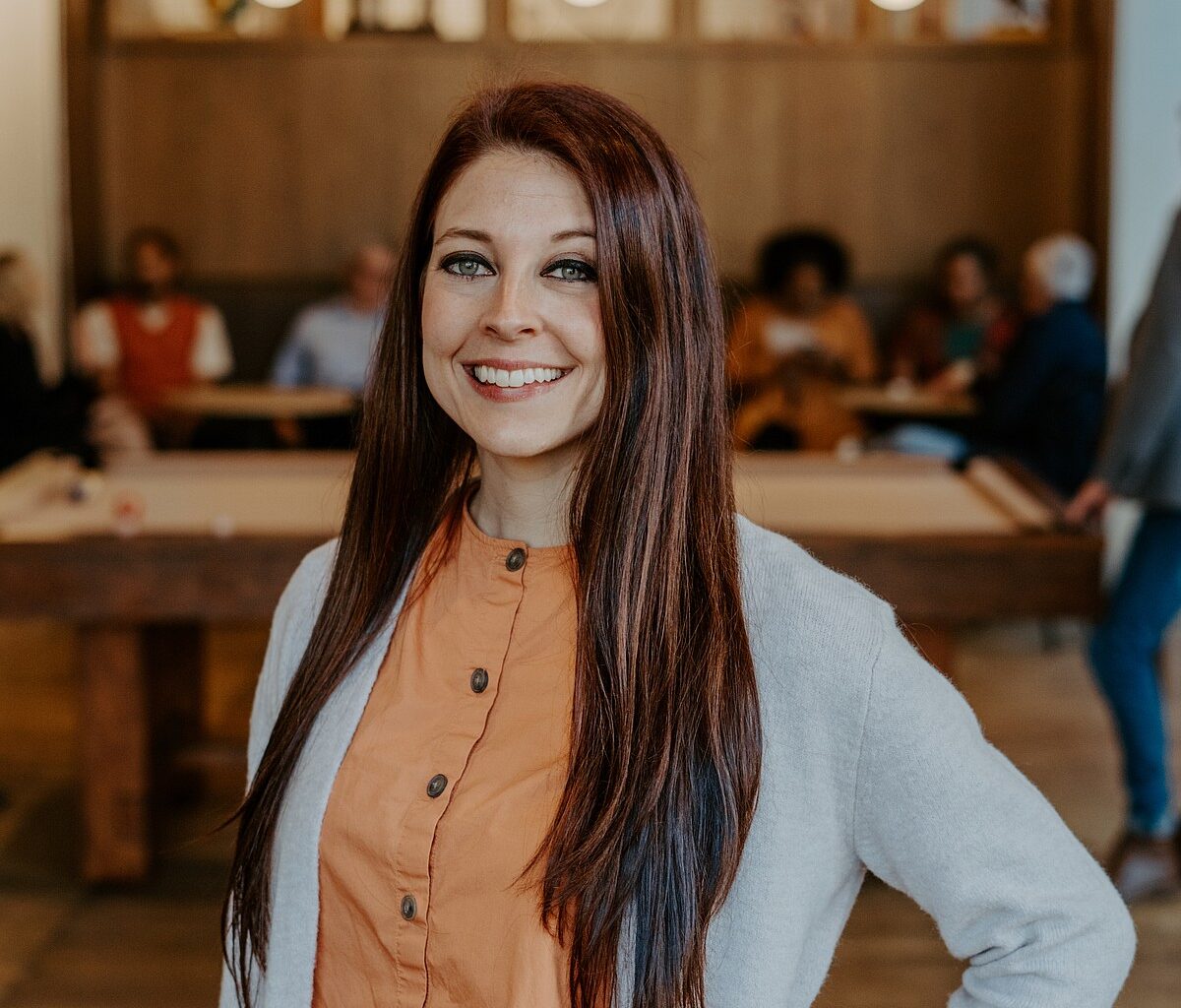My brother and I had a lengthy conversation this week about mental health. We both work in what I’ll call “high-impact” jobs, though they seem worlds apart. Some days, coping and processing the stress can feel like mental gymnastics, flipping and stretching the capacities of our mental health.
According to a 2016 meta-analysis on mental health and families, the way we feel and deal with stress is part genetically inclined and part learned behavior. Does this mean we’re doomed from the start?
Not at all, but the more you recognize your actions and identify thoughts and behaviors you’d like to shift, the more likely you can transform the cycle for yourself and others.
FIRST, THE GENETICS
Think of genes like a blueprint, not a verdict. As I mentioned before, research on twins shows that depression and many anxiety disorders are partly inherited; roughly a third to a half of the risk comes from our DNA. That sounds scary until you remember the other half is about life, habits and help. Genes can load the dice, but they don’t decide the roll.
NOW, THE RELATIONSHIPS
Kids learn how to “do” emotions and deal with stressful situations by watching us. When we name feelings, stay steady and coach them through tough moments, kids tend to have fewer symptoms of anxiety and depression. When we’re harsh, dismissive or always rush in to rescue, it can keep worries alive. One recent study even showed that a parent-only program where moms and dads learned how to respond more supportively and stepped back from “over-accommodating” reduced children’s anxiety as much as traditional child therapy. Parents matter (which is equal parts empowering and humbling, I know).
STRESS CAN ECHO ACROSS GENERATIONS
Adverse childhood experiences, things like abuse, neglect or living with a parent who’s seriously struggling, raise the risk for anxiety and depression later on. That doesn’t mean a child is doomed. It does mean safe, stable, nurturing relationships are medicine. The more we can make home predictable, warm and firm-but-kind, the more we turn down the volume on risk.
YES, THE BODY KEEPS THE SCORE
Here’s a simple illustration of how our genetics affect our mental health: Life can act like a dimmer switch on our genes. Chronic stress can nudge some genes “brighter” or “dimmer” without changing the DNA code itself. That sounds heavy, but there’s hope in it — healthy routines, supportive relationships and good skills to cope can move those dimmers back to bright.
MOVING FORWARD
So what do we do with all this?
— If you’re struggling, start with you. When a parent gets effective care, kids benefit. Cognitive behavioral therapy (CBT) has a strong track record for both depression and anxiety. If in-person sessions are hard to manage, ask your doctor about guided online options. It’s not about being perfect; it’s about getting access to tools and using them.
— Make feelings part of normal life at home. Use simple, honest language: “My chest feels tight. I’m going to take three slow breaths — want to try with me?” Regular check-ins on a daily basis are helpful. Ask for one high, one low and one gratitude at dinner, and turn the conversation into a tiny support group. Programs that help parents talk openly about a parent’s depression or anxiety have been shown to improve how families function and how kids feel. Silence is scarier than the truth.
— Help anxious kids by changing how you respond. It’s natural to “save” a worried child from hard things: You email the teacher, cancel the sleepover, skip the tryouts. Sometimes that helps short-term, but it can feed anxiety long-term. A supportive stance sounds like, “I see you’re scared, and I know you can do hard things. I’m here to help you practice.” Step by step (and yes, sometimes with tears), kids build courage.
— Protect the basics: sleep and movement. Tired brains are cranky brains. Consistent bedtimes, phones out of bedrooms and a calm wind-down routine help everyone. And regular movement — walking, biking, dance parties in the kitchen — has real, measurable benefits for mood. You don’t need a gym membership to help your nervous system breathe.
— Parent with warmth and structure. The parenting style that research suggests works best is called authoritative: clear rules, consistent follow-through and plenty of warmth. Think steady schedules, predictable consequences and lots of affection. You can be kind and firm at the same time. (Honestly, that’s the secret sauce.)
— If your family is in a hard spot today, please know help is available. For everyday support, reach out to your primary-care clinician, your child’s pediatrician or a trusted counselor. First Things First would love to help you through coaching and family support. You are not alone in this.
Here’s the heart of it: Mental health issues such as anxiety and depression can echo through families, but echoes fade when we change the dynamics of the room. Awareness first. Skills help. Routines soothe. Relationships heal. Start small. Keep it kind. And celebrate every tiny win. Those are the bricks that create a stronger foundation in you and build a healthier next generation.
Lauren Hall is president and CEO of family advocacy nonprofit First Things First. Email her at lauren@firstthings.org.
